In this article
View 5 More +While the jitterbug may have been a popular swing dance among humans, it’s important to remember that cats don’t normally jitter, the dance or otherwise (to a certain extent—cats can shiver if they are frightened or cold). So, if you notice that your cat is trembling, jerking, shaking with every movement, or having difficulty maintaining their balance, it is time for a check-up with your veterinarian.

What Are Tremors in Cats?
Tremors in cats are usually involuntary and rhythmic muscle contractions that lead to shaking or trembling in different areas of a cat’s body. The intensity of the tremors can vary from subtle, fine tremors to more pronounced shaking, which may impact a cat’s mobility and balance. The frequency and duration of tremors can also vary. If episodes worsen over time, there may be an underlying medical issue that necessitates veterinary attention.
If you need to speak with a vet but can't get to one, head over to PangoVet. It's an online service where you can talk to a vet online and get the advice you need for your pet — all at an affordable price!
What Are the Signs of Tremors in Cats?
Cats can experience tremors in different ways, including ones that affect their limbs, paws, head, or entire body. Tremors may occur intermittently or persist for longer periods of time, and their intensity can vary. They may manifest as involuntary shaking, trembling, quivering, shivering, vibrating, wobbling, or head bobbing. Felines experiencing tremors may also exhibit a lack of coordination, trouble balancing, or struggling to walk or run. Other signs to watch out for include changes in vocalization, increased agitation, and abnormal or unusual behavior.
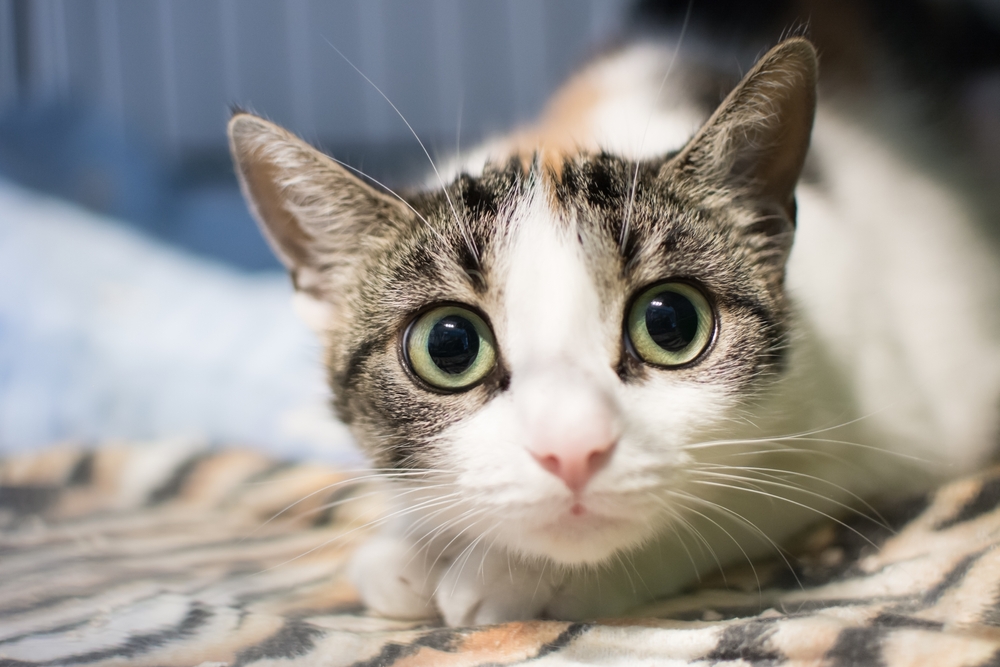
What Are the Causes of Tremors in Cats?
Tremors in cats can be the result of various factors, including neurological disorders, injury, infection, metabolic issues, stress, and exposure to toxins like certain plants, chemicals, or medications.
Infectious diseases or systemic infections, such as feline infectious peritonitis, can affect the nervous system, leading to tremors. Neurological damage from physical trauma or injury, such as a fall or blow to the head, can also damage the nervous system and lead to tremors. Kittens can be born with congenital issues like cerebellar hypoplasia, which affects their rate, range, and rhythm of motion.
A common metabolic issue in cats that can cause tremors is hyperthyroidism. This condition involves the overproduction of thyroid hormones, which can cause trembling. Conditions like epilepsy can also cause seizure activity that appears as tremors. Low blood sugar, or hypoglycemia, can result in tremors, as the cat’s body is working hard to maintain adequate energy levels.
In addition to metabolic issues, other causes of tremors in cats include excitability and anxiousness. Stress can trigger anxiety, which may manifest as shaking. It’s also worth noting that some cats may start trembling even while at rest.
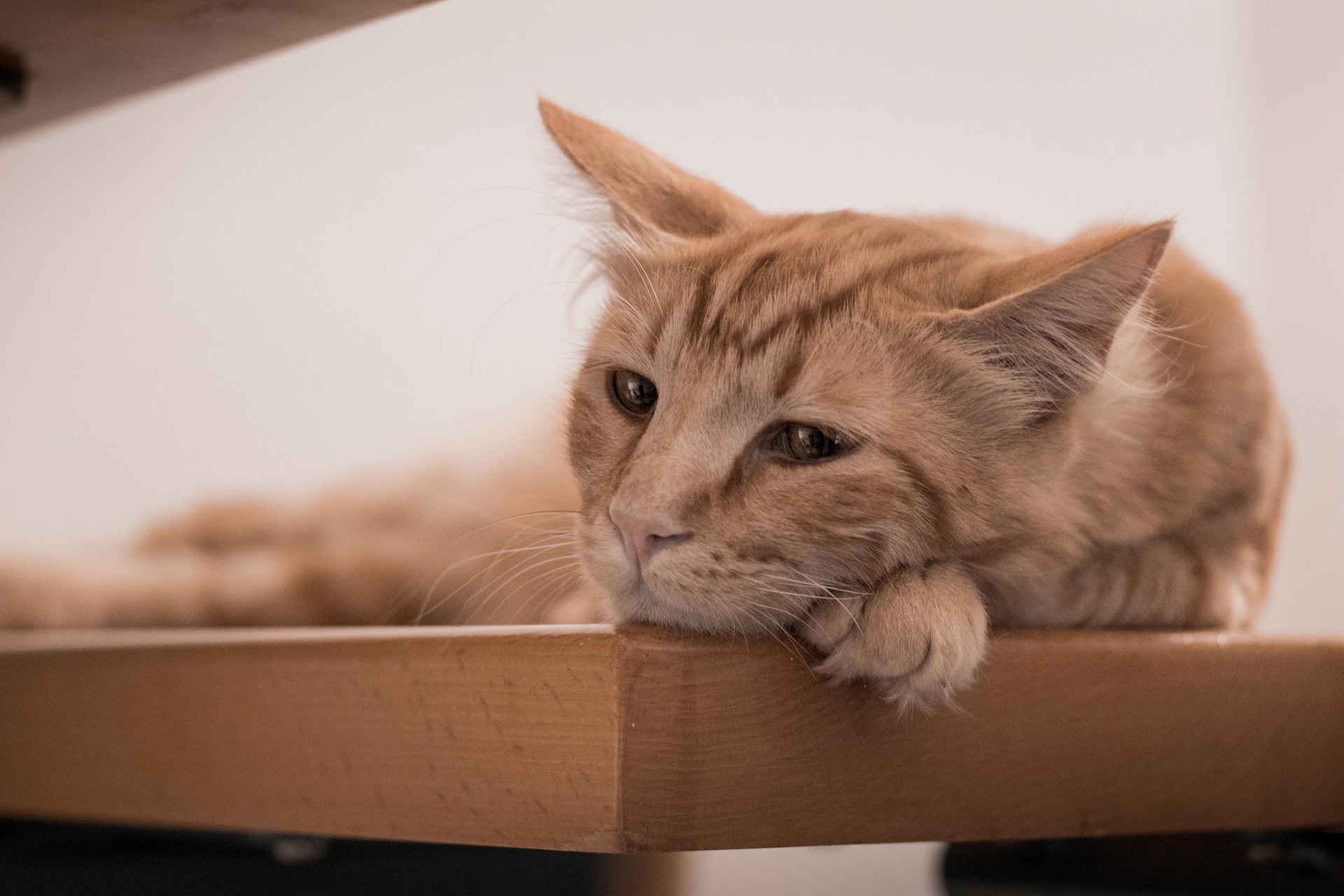
How Are Tremors Diagnosed in Cats?
If you observe your cat trembling or shaking in an unusual manner, seek evaluation and care from a qualified veterinarian. They will go over your pet’s medical history, which may include the onset, frequency, and duration of the tremors, any recent changes to the cat’s environment or diet, and any previous health issues. The vet will also conduct a thorough physical examination to assess your cat’s condition, including a neurological exam to gauge function.
They may recommend diagnostic procedures, such as blood tests to look for metabolic disorders, infections, or toxin exposure, and imaging studies, such as X-rays or ultrasound, to look for any abnormalities and to help formulate an accurate diagnosis. In some cases, it may be necessary for the veterinarian to collect a sample of cerebrospinal fluid or have your cat undergo an MRI to aid in identifying the cause of the tremors.
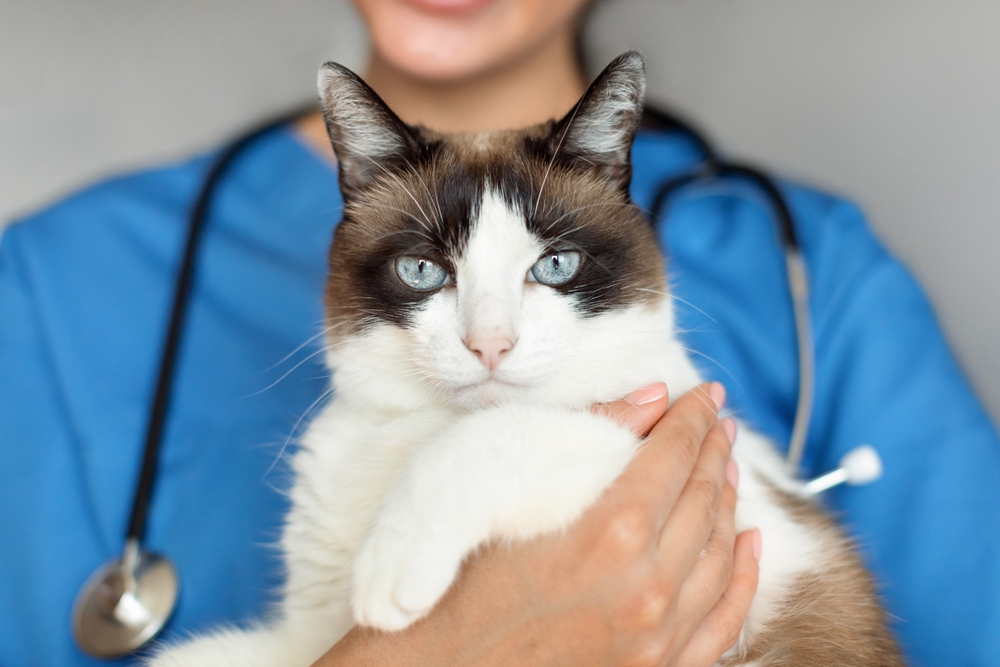
How Do I Care for a Cat With Tremors?
Regardless of the diagnosis, you must closely follow the veterinarian’s recommendations and treatment plan. This may involve giving medications, making dietary changes, or trying other therapies to help prevent or reduce tremors in your cat. Be sure to attend follow-up appointments to monitor your pet’s progress. Keeping a detailed record at home of the frequency and duration of the tremors and any triggers you have observed can help your veterinarian assess the effectiveness of the treatment.
Create a safe and comfortable space at home by removing hazards like sharp objects, blocking fall hazards like stairs, and preventing access to pools. Ensure that your cat has easy access to food and water. Soft bedding or padding can help ease any falls due to unsteadiness.
To help your cat relax, create a peaceful and secure space for them. Using pheromone diffusers and gently playing classical music can be effective in soothing nervous or anxious felines. Providing toys and ensuring that there are enough hiding spots for your cat can help reduce their stress. Engaging your pet in regular exercise sessions can also promote physical activity and mental stimulation.
 Frequently Asked Questions (FAQ)
Frequently Asked Questions (FAQ)
Are Certain Breeds of Cats More Prone to Tremors?
Yes, genetic factors may play a role in the development of tremors. Breeds like the Abyssinian, Siamese, Persian, and Burmese have a greater predilection to neurological disorders and tremors like feline hyperesthesia syndrome (twitchy cat syndrome).
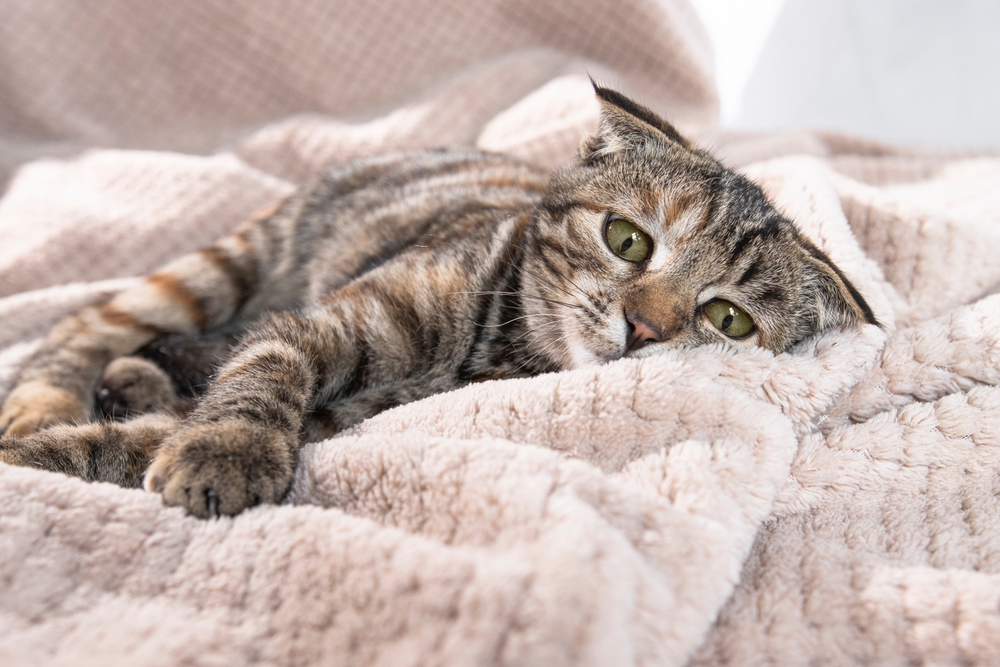
Can My Cat’s Tremors Be Serious?
Yes, depending on several factors. Tremors occurring along with other signs, such as confusion, disorientation, lethargy, loss of appetite, or difficulty walking, need prompt veterinary attention.
 Conclusion
Conclusion
Tremors are involuntary and rhythmic muscle contractions that can appear as shaking, trembling, jerking, or wobbling. They can be caused by neurological disorders, dysfunction, injury or damage, metabolic disorders, or toxin exposure. It is recommended to seek prompt veterinary attention for a diagnosis. The earlier a tremor is detected and treated, the better quality of life your cat will have.
Featured Image Credit: Elena Rozhenok, Shutterstock

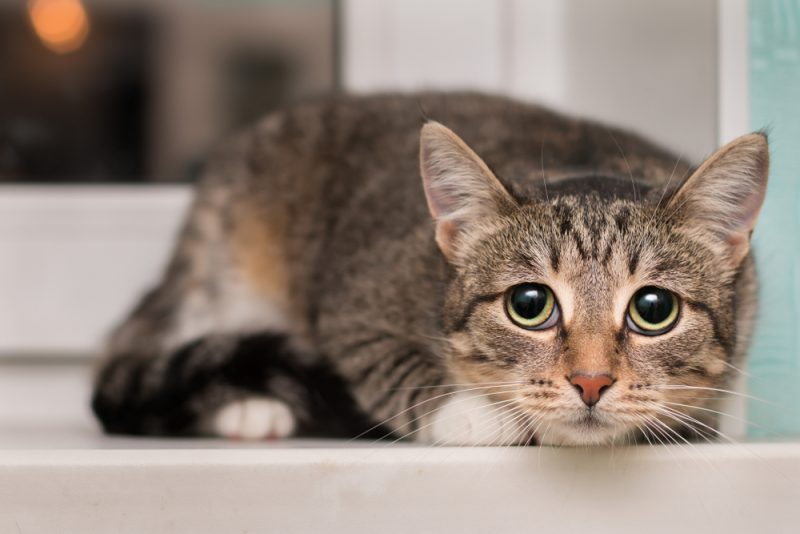




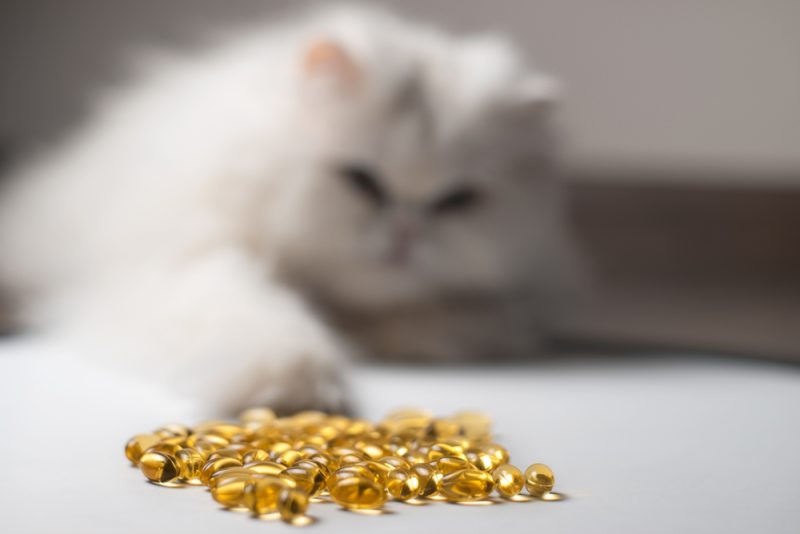
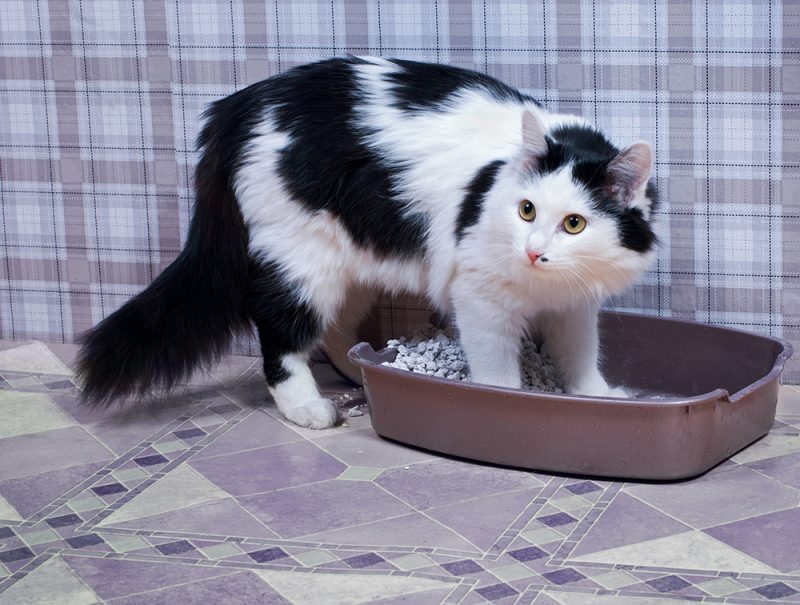


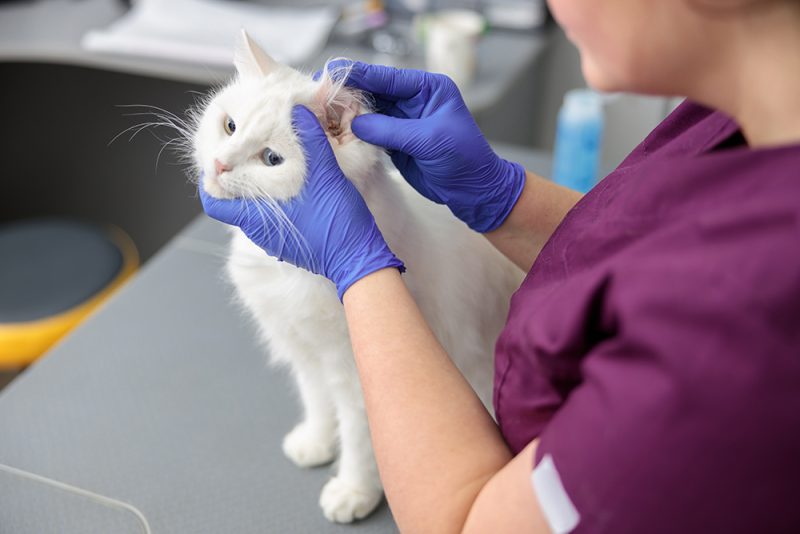
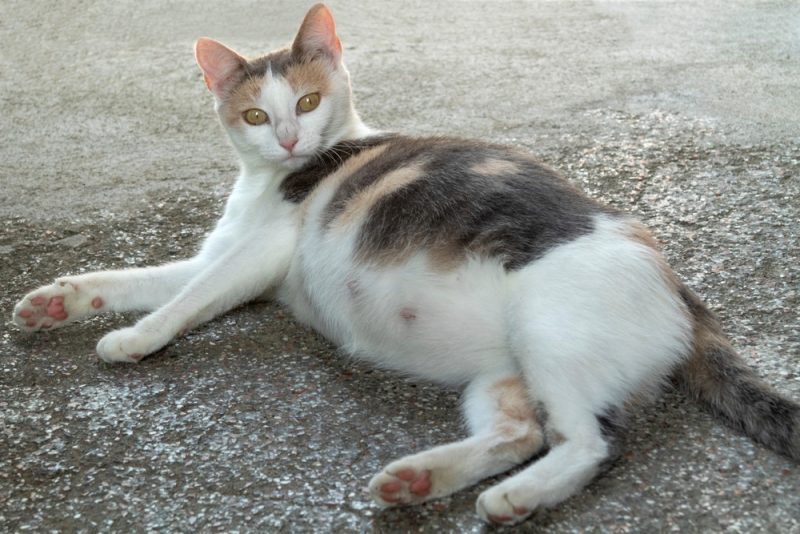
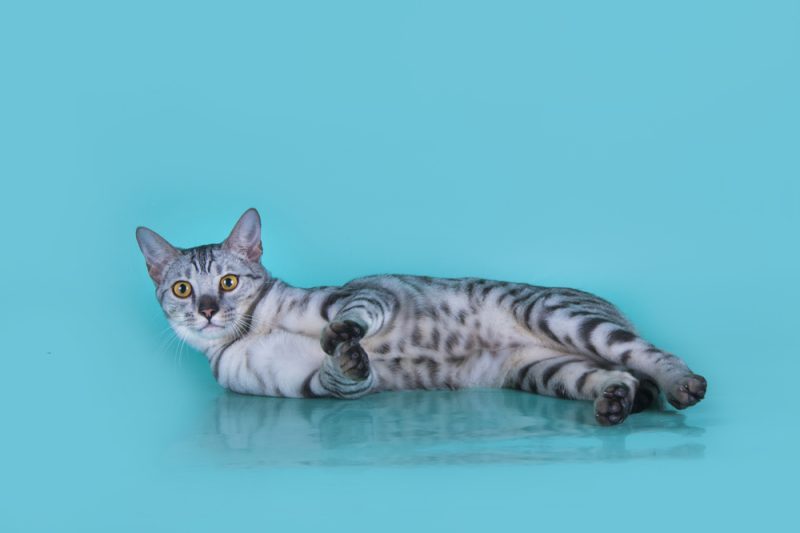
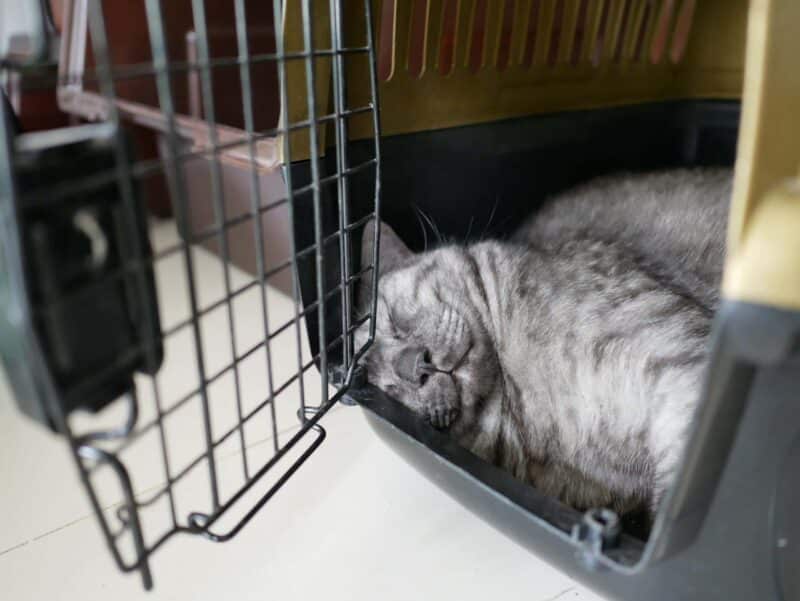

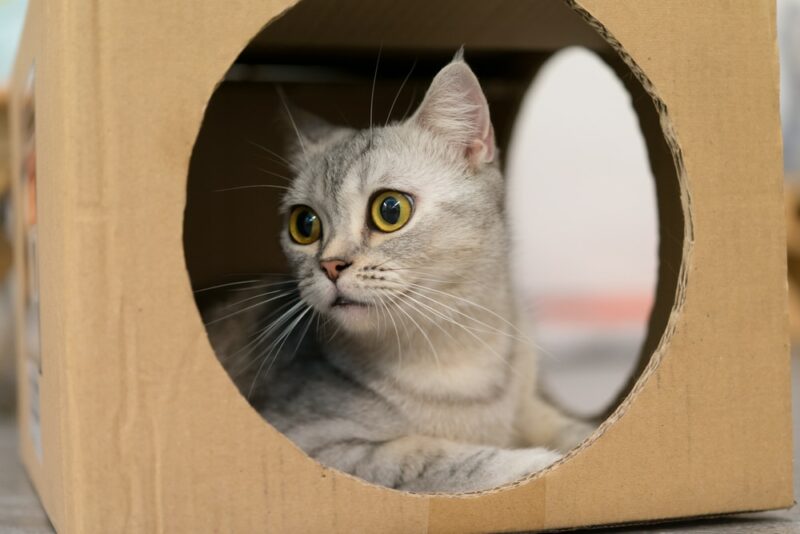








One Response
BF